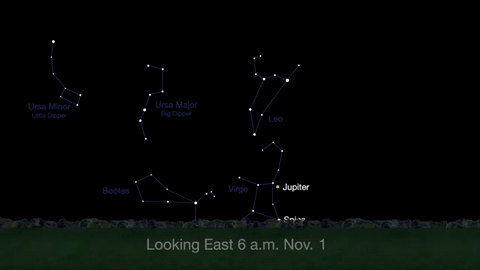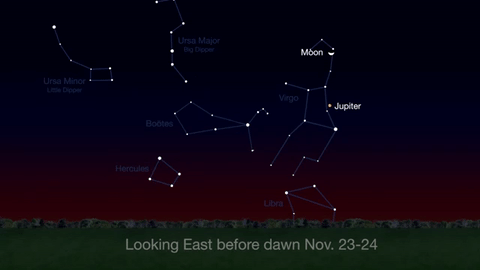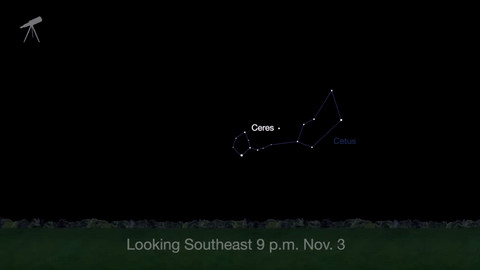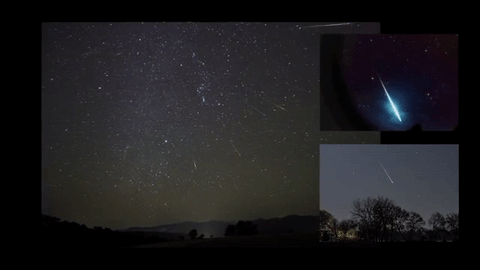Your gateway to endless inspiration
Orionids - Blog Posts
What’s Up - January 2018
What’s Up For January?
Quadrantid meteors, a West Coast-favoring total lunar eclipse and time to start watching Mars!

This month the new year's first meteor shower fizzles, Mars meets Jupiter in the morning sky and the U.S. will enjoy a total lunar eclipse!

Most meteor showers radiate from recognizable constellations. Like the Leonids, Geminids and Orionids.

But the Quadrantids are meteors that appear to radiate from the location of the former Quadrans Muralis constellation, an area that's now part of the constellation Bootes.

The Quadrantids' peak lasts for just a few hours, and sadly, this year their timing coincides with a very bright, nearly full moon that will wash out most of the meteors.

You can look in any direction to see all the meteor showers. When you see one of these meteors, hold a shoestring along the path it followed. The shoestring will lead you back to the constellation containing the meteor’s origin.

On the morning of January 6th, look in the south-southeast sky 45 minutes before sunrise to see Jupiter and fainter Mars almost as close as last month's Jupiter and Venus close pairing.

Mars is only one-sixth the apparent diameter of Jupiter, but the two offer a great binocular and telescopic view with a pretty color contrast. They remain in each other's neighborhood from January 5th through the 8th.

Finally, to end the month, a great total lunar eclipse favors the western U.S., Alaska, and Hawaii and British Columbia on January 31st. Australia and the Pacific Ocean are well placed to see a major portion of the eclipse--if not all of it.

Watch the full What’s Up for January Video:
There are so many sights to see in the sky. To stay informed, subscribe to our What’s Up video series on Facebook. Make sure to follow us on Tumblr for your regular dose of space: http://nasa.tumblr.com.
What’s Up for November 2016
What’s Up for November: Venus at sunset, Jupiter at dawn, your last evening glimpse of Saturn until spring, and more meteors!

Through November 3, catch glimpses of a gibbous Venus, a crescent moon and ringed Saturn in the southwest sky just after sunset.

Wake up before sunrise every day this month to see Jupiter just above Spica, the brightest star in the constellation Virgo, shining in the east-southeast sky.

Just before dawn on November 23-24, see the waning crescent moon just above Jupiter.

November is a great time to see the constellation Ceres as it glides past Cetus, the Whale and you will be able to see the dwarf planet move relative to the background stars, but you’ll need a telescope for this one.

This month, just like last month, there will be three meteor showers--the Northern Tuarids, the Leonids and the November Orionids.

Watch the full November “What’s Up" video for more:
Make sure to follow us on Tumblr for your regular dose of space: http://nasa.tumblr.com.